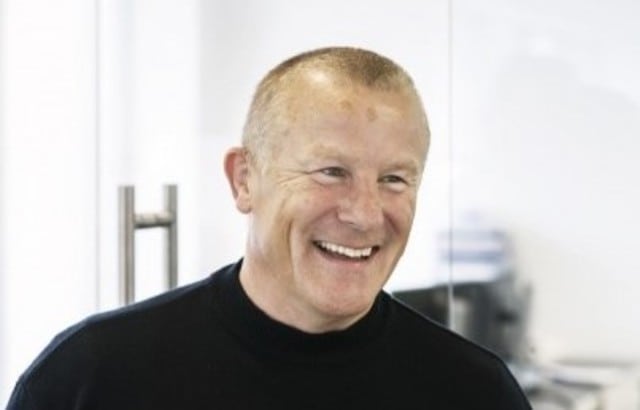In a note to shareholders last Friday, Woodford admitted that while he considered it a mistake owning Capita in 2016, “it is not a mistake to own it now”.
“I am not trying to make a silk purse out of a sow’s ear – this has been a poor investment, but it is one that has the capacity to become a significantly better one from here,” he said.
“There is much work to be done to turn the business around, but there is a clear plan and the project is underway. Discussions with all major customers have gone very well as have conversations with the Cabinet Office.”
As for those drawing parallels between the fate of defunct construction Carillion and Capita’s future, two outsourcing firms that have been awarded copious government contracts, he said “the only other similarity … is the first two letters of the name”.
“I would go as far as to say that the business will be in better shape at the end of 2018 than it was in 2016,” he continued. “It will have infinitely better leadership, a stronger balance sheet, better cashflow, more conservative accounting policies and a lower pension deficit.”
Capita’s shares jumped 7% to 175p on Monday morning, recovering some of the losses felt last Wednesday.
Last week, almost £1bn was wiped off Capita’s market capitalisation as it greeted investors with a £700m rights issue and a profit warning. The 40% fall in share price was bad news for majority shareholder Woodford, who owns 10.8% of the company, across his flagship equity income fund (0.8%) and more recently launched Woodford Income Focus fund (1.3%).
Woodford had a difficult 2017 and this year has not been kind to several of his major holdings. Since the end of 2017, his fund has fallen below the £8bn mark and at the end of January 2018 was £7.7bn.
Putting aside last week’s profit warning and share price tumult, the UK celebrity fund manager said he was “pleased that we have seen from the company what we thought would be coming … a complete reset for Capita”.
“The new chief executive, Jonathan Lewis, has mapped out a clear new direction of travel for the business and it is one with which I completely agree,” added Woodford.
“More focus, better leadership, better cost control, a stronger balance sheet (through a combination of disposals, dividend cut and a future capital raise) which will, in turn, lead to more investment in the business, an enhanced competitive position and a brighter future for its shareholders and customers.”










